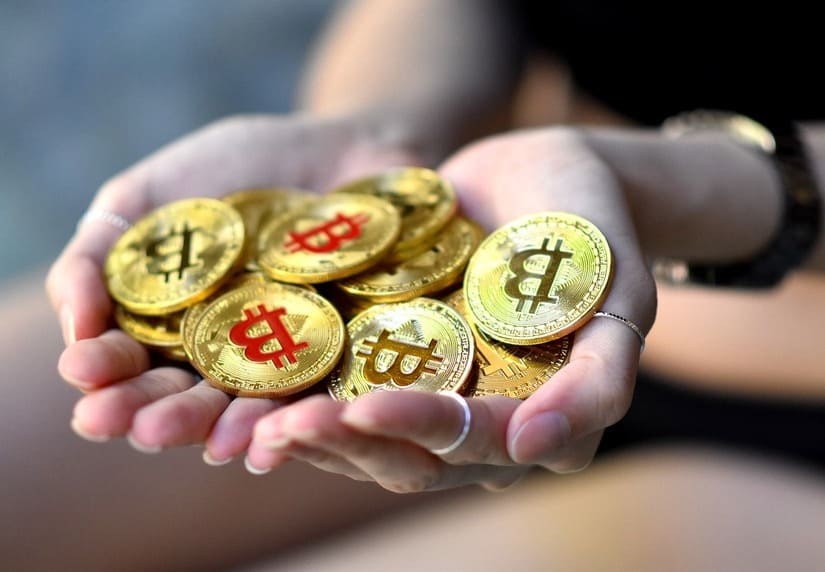The implosion of FTX reminds investors of a key point: “Not your keys, not your cryptocurrencies”: let’s see what that means.
A record number of cryptocurrency holders are moving their funds from centralized platforms in the wake of the collapse of FTX and FTX US. The same happened (at least 100k BTC) in April 2020, November 2020 and June-July 2022.
In addition to this, Glassnode said the move to self-custody of cryptocurrencies “has been important as of Nov. 6.” His numbers showed that outflows from centralized exchanges by holders of tokens with balances less than 1 BTC were far greater than those of whales with larger balances.
The “small fish” with less than 1 BTC removed nearly 10 times more than Bitcoin’s 3,600 “whales.” “sharks” with Bitcoin balances of 10 to 1,000 BTC took well over 20 times. Investors with between 1 and 10 BTC, moved 13.5 times more Bitcoin to cold wallets.
Not Your Keys, Not Your Cryptocurrencies

In many ways, those who move their cryptocurrency holdings to cold wallets from exchanges are just following basic advice given by most cryptocurrency experts, including more than a few centralized exchange CEOs.
Chanpeng “CZ” Zhao of Binance and MicroStrategy executive chairman Michael Saylor have been the most high-profile recent voices warning that self-custody is much safer than maintaining funds from exchange wallets.
Zhao called self-custody on privately owned cold wallets “a basic human right” on Nov. 13, linking to a two-year-old post he wrote on the subject, while Bitcoin maximalist Saylor said at a conference a few days earlier that ” in systems where there is no self-custody, custodians accumulate too much power and therefore can abuse that power.”
Saylor added that self-custody via cold wallets is an important provider of “checks and balances“, Cointelegraph reported.
But “not your keys, not your cryptocurrencies” is advice that has been given for years, particularly by advocate and author Andreas Antonopoulos.
Elon Musk, CEO of Tesla and owner of Twitter, warned that “any crypto wallet that does not provide you with your private keys should be avoided at all costs,” in 2021.
And both Coinbase CEO Brian Armstrong and Kraken founder (and then CEO) Jesse Powell have advised people to custody their cryptocurrencies themselves after Canada invoked its Emergency Act during February’s trucker protests. Powell said:
“Please don’t fund causes directly from custodial portfolios. I am sure the freeze orders are coming.”


